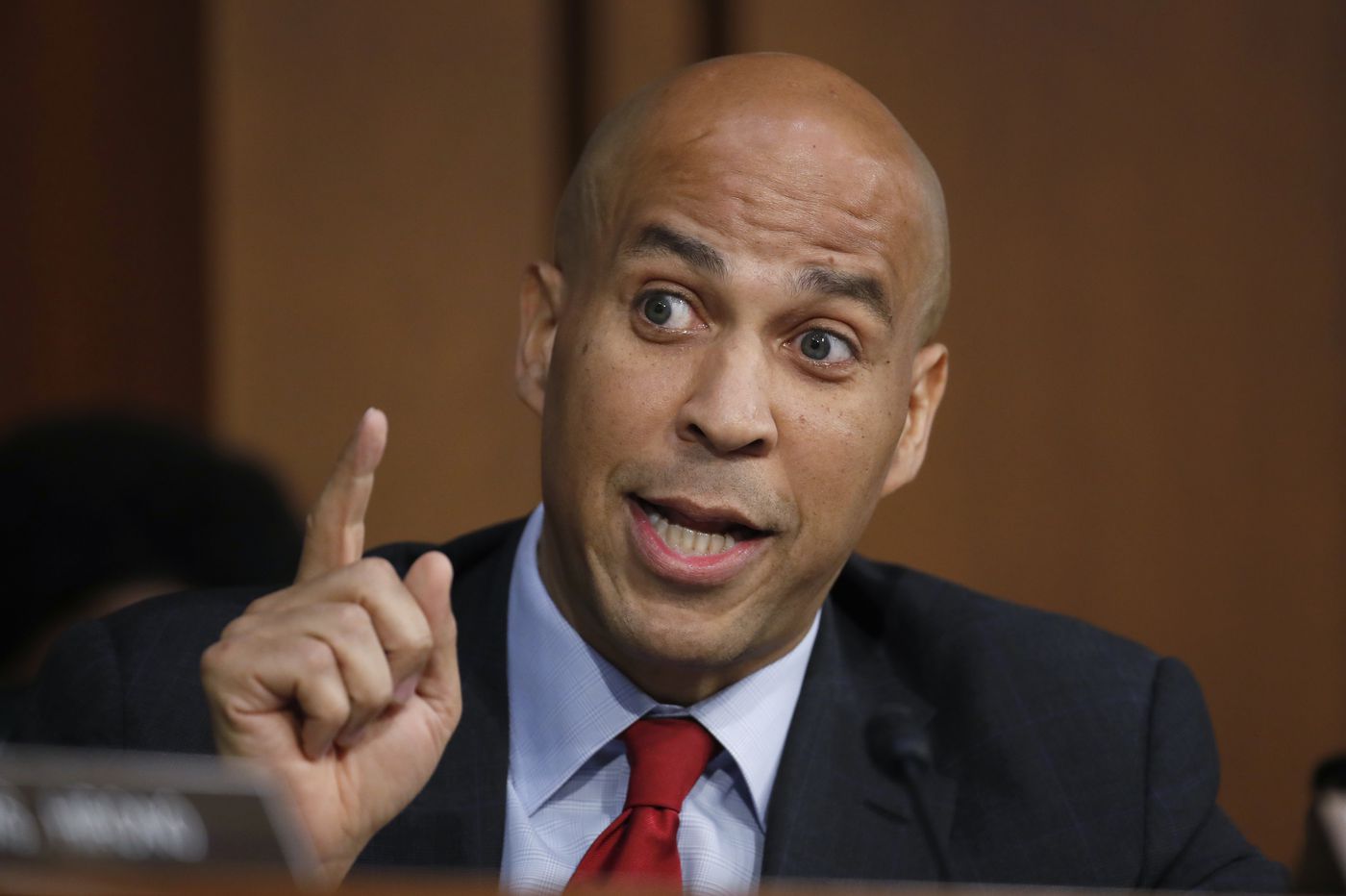
As the first African-American senator to represent New Jersey, Cory Booker is one of the nation's more beloved politicians, particularly known for his efforts at bipartisan cooperation in a political climate dominated by divisiveness. After completing his elite education, Booker famously moved into a public housing project in Newark, New Jersey, became a tenant organizer, and founded a nonprofit that provided legal assistance to low-income families. Later he garnered national recognition as the Democratic mayor of Newark, where he successfully lowered crime rates, fought corruption in City Hall, secured $100 million in city funding, and still managed to carry a woman out of a blazing inferno that left him with second-degree burns. Booker brought these virtues into the senate, and then into a failed bid for the U.S. presidency, thus providing an example of how people can benefit when they come together.
Given Booker's academic pedigree, it is a surprise to many when they learn that the senator started off with dreams of playing in the NFL. In 1988 Booker arrived at Stanford University as a heralded football recruit who'd been awarded a full scholarship. Unfortunately, the expectations of his coaches didn't translate to the field, and Booker found himself focusing more on academic and social matters. Booker got deeply involved with a 24-hour crisis hotline for students on campus, and was an All Pac-10 honors student, majoring in political science, followed by an MA in sociology in 1992. He also began volunteering in East Palo Alto, Silicon Valley's poorer "inner city" populated largely by Latinos and blacks. In one of his more prophetic moments, with about a month before he was set to graduate and head to Oxford on a Rhodes Scholarship, Booker wrote: "As my ambition rages, as I seek to change the world — Where shall I begin?"
After leaving Stanford, Booker has not forgotten the place that started him out on his groundbreaking path. Over the years the senator has continued to speak at Stanford, including a 2011 Reunion Homecoming Roundtable on redefining primary education in the country. Some students also had the chance to see him lecture as part of the Haas Center’s Voices in Public Service Leadership series. In 2012, he returned to the Stanford campus to discuss with students the impending presidential election results, and the importance of bipartisan problem solving. Later that year, Booker delivered the commencement address where he extolled lessons from his own father and grandfather through stories of hardship, hope and humor.
Four years later, Booker was back, this time for a public event where he discussed his new book, bipartisanship, and the importance of the Stanford community. "I still look at this as the most privileged experience of my lifetime..." he said, before elaborating on some of the memorable experiences that kept making him want to return to his alma mater. "... some professors who really shaped my life and transformed my existence through not just their mastery of their subject matter but by inspiring me to be a better human being."
